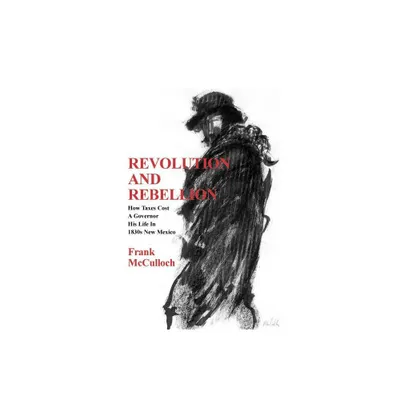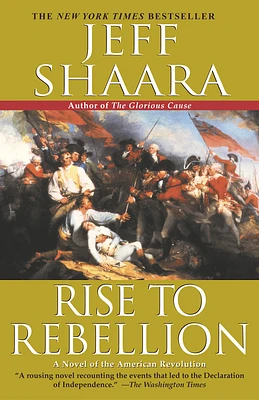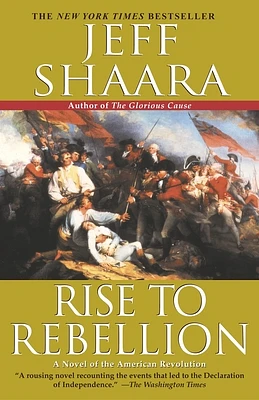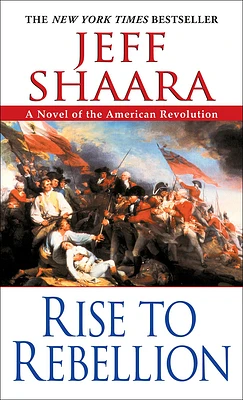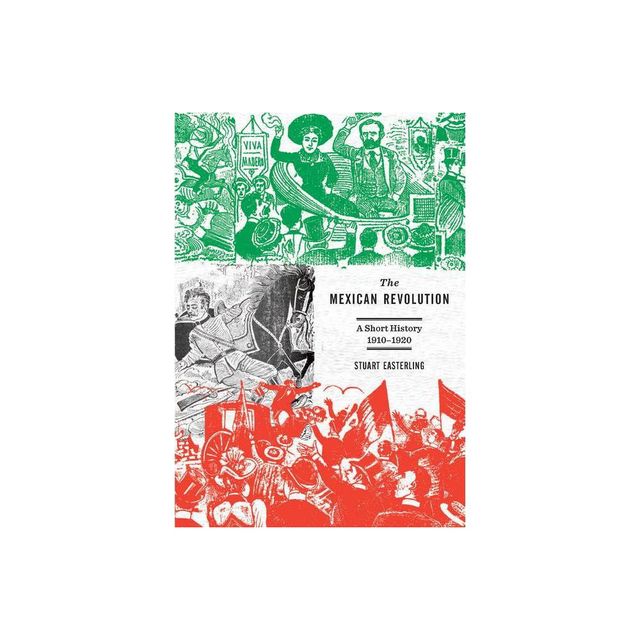Home
Revolution and Rebellion Mexican Film
Loading Inventory...
Barnes and Noble
Revolution and Rebellion Mexican Film
Current price: $160.00


Barnes and Noble
Revolution and Rebellion Mexican Film
Current price: $160.00
Loading Inventory...
Size: Hardcover
*Product Information may vary - to confirm product availability, pricing, and additional information please contact Barnes and Noble
Revolution and Rebellion in Mexican Film
examines Mexican films of political conflict from the early studio Revolutionary films of the 1930-50s up to the campaigning Zapatista films of the 2000s. Mapping this evolution out for the first time, the author takes three key events under consideration: the Mexican Revolution (1910-1920); the student movement and massacre in 1968; and, finally, the more recent Zapatista Rebellion (1994-present). Analyzing films such as
Vamanos con Pancho Villa
(1936),
El Grito
(1968), and
Corazon del Tiempo
(2008), the author uses the term 'political conflict' to refer to those violent disturbances, dramatic periods of confrontation, injury and death, which characterize particular historical events involving state and non-state actors that may have a finite duration, but have a long-lasting legacy on the nation. These conflicts have been an important component of Mexican film since its inception and include studio productions, documentaries, and independent films.
examines Mexican films of political conflict from the early studio Revolutionary films of the 1930-50s up to the campaigning Zapatista films of the 2000s. Mapping this evolution out for the first time, the author takes three key events under consideration: the Mexican Revolution (1910-1920); the student movement and massacre in 1968; and, finally, the more recent Zapatista Rebellion (1994-present). Analyzing films such as
Vamanos con Pancho Villa
(1936),
El Grito
(1968), and
Corazon del Tiempo
(2008), the author uses the term 'political conflict' to refer to those violent disturbances, dramatic periods of confrontation, injury and death, which characterize particular historical events involving state and non-state actors that may have a finite duration, but have a long-lasting legacy on the nation. These conflicts have been an important component of Mexican film since its inception and include studio productions, documentaries, and independent films.
